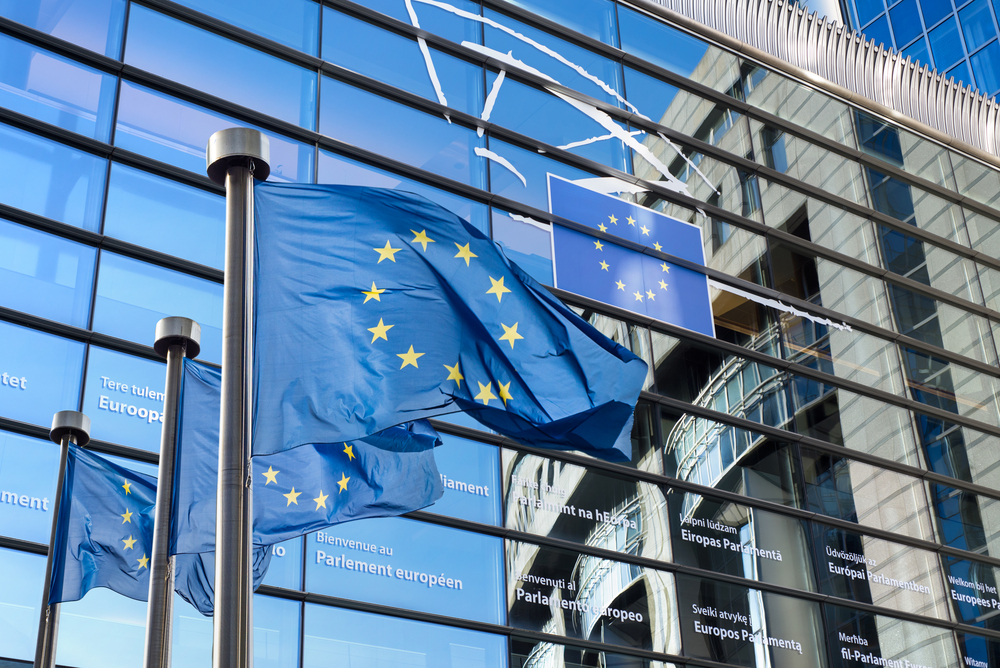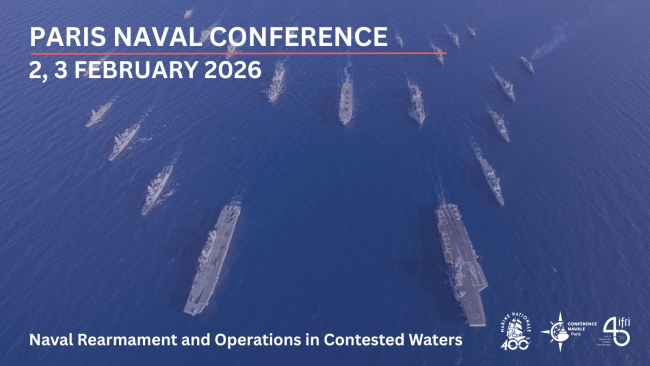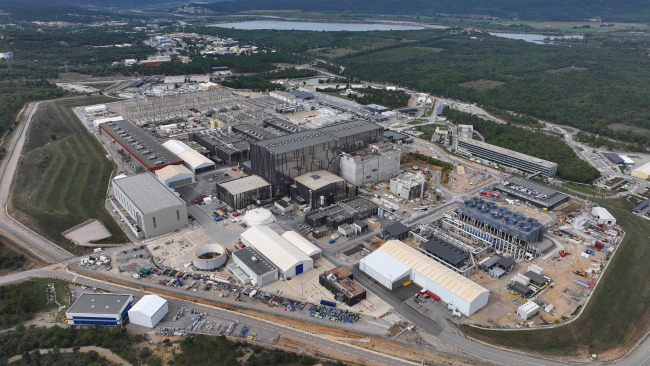
Practical information
The 2024 European elections could mark a turning point in EU politics. Eurosceptic parties and right-wing forces are expected to make sizable gains on this occasion. Their electoral results could fundamentally affect the orientation of the European Parliament, an institution traditionally advocating European solutions to common challenges, and even tip the current balance of power in EU policymaking.

What implications will the European elections have in EU politics in general and for France, Austria and Central and Eastern European countries in particular? What implications will they have in key policy areas, be it the green transformation, enlargement, the defense and reconstruction of Ukraine, transatlantic relations, asylum and migration policy reforms, etc.?
Working Language: English
Discussion
Sébastien Maillard, Special Advisor to the Jacques Delors Institute, Paris
Stefan Lehne, Senior Fellow at Carnegie Europe, Brussels
Senior fellow, Carnegie Europe, Bruxelles
Ágnes Vass, Research Director at the Hungarian Institute of International Affairs, Budapest
Kinga Brudzinska, Senior Analyst for European Affairs at Polityka Insight, Warsaw
Senior analyst pour les questions européennes, Politika Insight, Varsovie
Moderation: Dietmar Schweisgut, Secretary General of the Austro-French Centre for Rapprochement in Europe
REGISTRATION LINK
https://form.jotform.com/241433417728356
Only Registered participants will receive Zoom access code and link

Related Subjects
Other events

Paris Naval Conference 2026: Naval Rearmament and Operations in Contested Waters
This fourth edition of the Paris Naval Conference (CNP), bringing together high-level military, industrial, and academic speakers, will address the challenges associated with general naval rearmament and naval operations in increasingly contested environments.

Is Fusion Coming Faster and Cheaper than Expected?
ITER was for long time the embodiment of fusion as an international, long standing R&D cooperation objective to seek a new way to produce safe, low carbon and abundant low carbon electricity. Yet over past years, fusion start ups, several governments and investors have decided to push fusion R&D and deployment to complement ITER. Major efforts are ongoing notably in the United States, China, Germany, Italy.

EV Supply Chains for Japan and Europe: Strengthening Economic Security
Economic security aims to ensure the resilience of supply chains for key industries: the case of electric vehicle production in Japan and Europe will be discussed.







